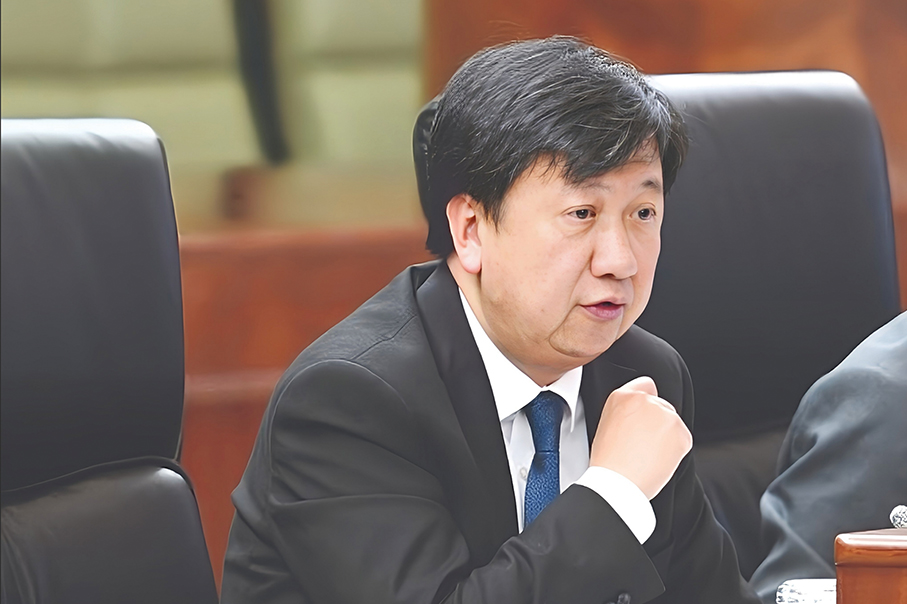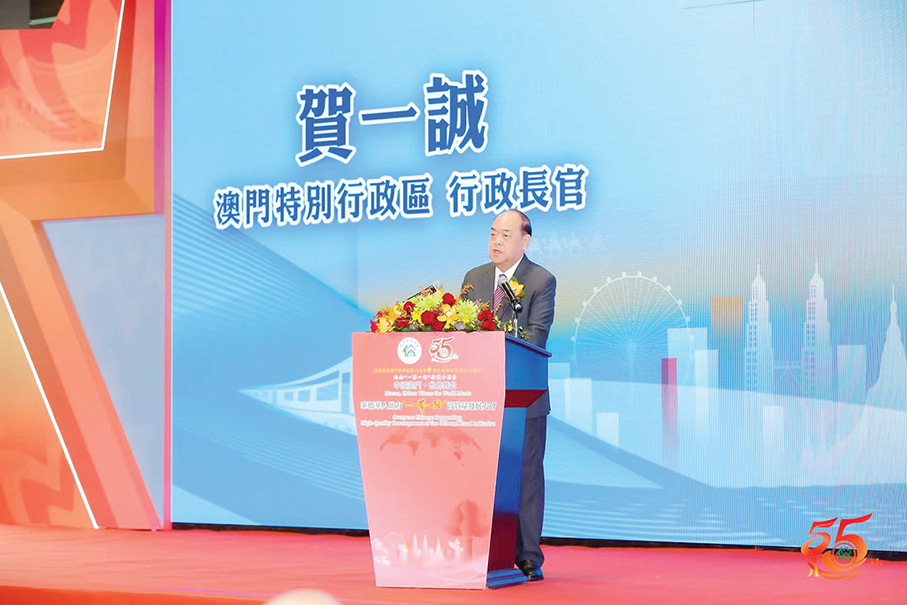Commentary by Liu Weiping and Yu Zhen/Wang Jingyu*
The G20 video conference hosted by Saudi Arabia on Thursday reflected the growing urgency for countries to coordinate their actions and deepen cooperation to contain the novel coronavirus (COVID-19) pandemic. That the number of diagnosed novel coronavirus pneumonia cases in the rest of the world now far exceeds that in China shows prevention and control measures at the global level need urgent improvement.
The novel coronavirus was first identified in Wuhan, the capital of Hubei province and epicenter of the outbreak in China, but may not have originated there. More important, as a victim of the outbreak, China should not be discriminated against, especially because it has taken effective measures to contain the outbreak and, in the process, created a window of opportunity for the rest of the world to prepare for the imminent global public health crisis.
The novel coronavirus outbreak is the biggest public health crisis with the fastest rate of transmission and widest range of infection, and most difficult to control since the founding of the New China in 1949.
Under the existing global public health governance system, China should consider setting up a special fund for the prevention and treatment of the virus, so as to further strengthen cooperation with other countries and the World Health Organization (WHO). The fund could be used to build an epidemic prevention and control database to help the WHO study the epidemic situation and publish recommendations, so all countries can take the necessary measures more promptly to prevent a pandemic in the future.
As of now, the fund could be used to finance the research for the treatment of the novel coronavirus pneumonia, including using traditional Chinese medicine (TCM) and TCM therapy for patients showing mild and intermediate symptoms. It could also be used to study and promote the best examples of social governance to prevent epidemic outbreaks in the future, strengthen China’s cooperation with the World Trade Organization (WTO) and International Civil Aviation Organization (ICAO), and work with other economies to ease the tough trade and travel restrictions imposed by some of them, in order to minimize the negative impact of the epidemic on global trade.
China should also consider helping establish a new regional epidemic prevention and control system with neighboring countries using the existing regional multilateral cooperation platforms such as the China-ASEAN partnership and Shanghai Cooperation Organization (SCO). These joint mechanisms could facilitate regular regional meetings to jointly develop common guidelines for health and quarantine measures at ports and airports to ensure transparency and effectiveness, instead of restricting the movement of people.
Also, a new mechanism could be set up for regional public health cooperation, which would promote coordination for disease prevention and control, and increase mutual assistance in terms of basic medical supplies.
Japan and South Korea are not only neighbors but also large trade and economic partners of China. Given the intensity of the outbreak, therefore, China needs to deepen trilateral cooperation, more closely monitor the flow of people among the three countries, and expedite work on a joint epidemic prevention and treatment mechanism to prevent the cross-border flow of the virus.
Since mainland China has largely contained the outbreak at home and is gradually increasing its domestic production, it can now consider providing more medical supplies for Japan and South Korea and further fulfilling its responsibility to safeguard regional public health. It should also take measures to ensure the smooth running of the China-Japan-South Korea industrial chain and supply chain while strengthening mutual trust and making greater efforts to fully contain the epidemic, so as to lay a solid foundation for the economic recovery of the region.
As for cooperation with the EU and US, China should convince the two economies of the need to allow their scientists and medical experts to share their experiences and expertise so they can help effectively control the outbreak at the global level. The three sides should also help strengthen international cooperation in the research and development of antiviral drugs and vaccines, and raise the efficiency level of the trials and use of such drugs and vaccines.*Liu Weiping is a researcher at the China Development Bank. Yu Zhen and Wang Jingyu are researchers at the Economics and Management School, Wuhan University.
Minor adjustments to the text by The Macau Post Daily








